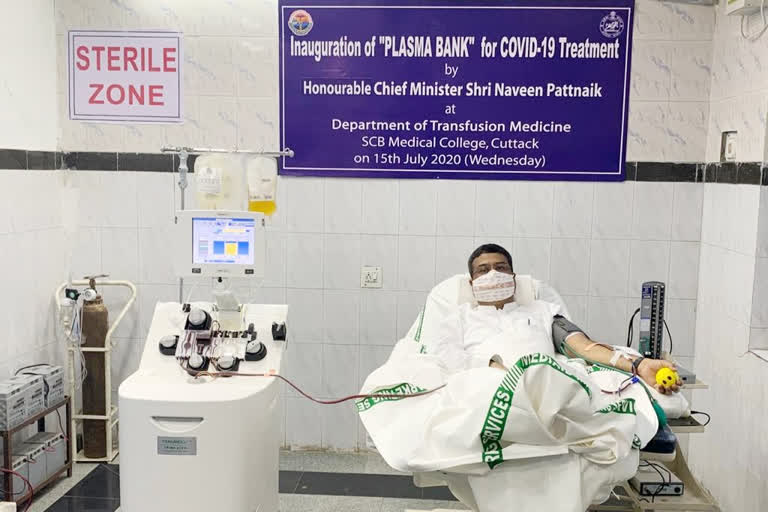New Delhi: Convalescent plasma therapy, which uses the blood of recovered Covid-19 patients as a potential treatment, has shown a limited effect in reducing the progression to severe disease or death in a trial conducted in India, scientists say.
The study, published on Thursday in the British Medical Journal (BMJ), involved 464 adults with moderate Covid-19 who were admitted to hospitals in India between April and July.
As many as 239 adult patients received two transfusions of convalescent plasma, 24 hours apart, alongside standard care, while the control group comprising of 229 patients received standard care only.
One month later, 44 patients or 19 per cent of those who received the plasma had progressed to severe disease or had died of any cause, compared with 41 patients or 18 per cent in the control group.
Plasma therapy did, however, seem to reduce symptoms, such as shortness of breath and fatigue, after seven days, according to the researchers, including those from Indian Council of Medical Research (ICMR), and National Institute of Epidemiology, Tami Nadu.
"Convalescent plasma was not associated with a reduction in progression to severe covid-19 or all cause mortality,” the researchers wrote in the journal.
"This trial has high generalisability and approximates convalescent plasma use in real life settings with limited laboratory capacity," they said.
Professor Martin Landray, from the University of Oxford in the UK, noted that although there is substantial interest in convalescent plasma as a possible treatment for COVID-19, there remains considerable uncertainty about whether it is effective in tackling the worst effects of the disease.
"The paper reports the results of the largest randomised trial of convalescent plasma to complete so far. However, with just a few hundred patients, it is still much too small to give clear results," Landray said.
"It would need to be substantially larger to pick up a meaningful sign of benefit and even then there would still be questions about whether different types of patient respond better or worse," he added.
